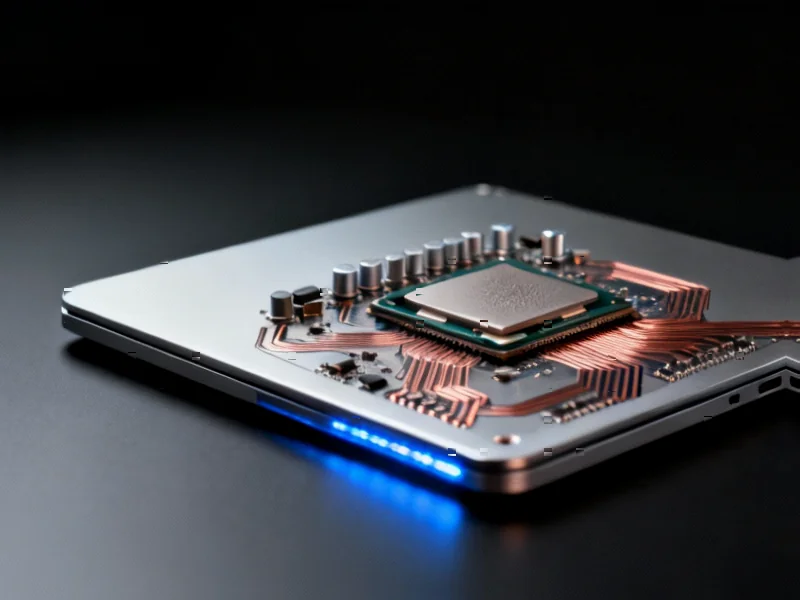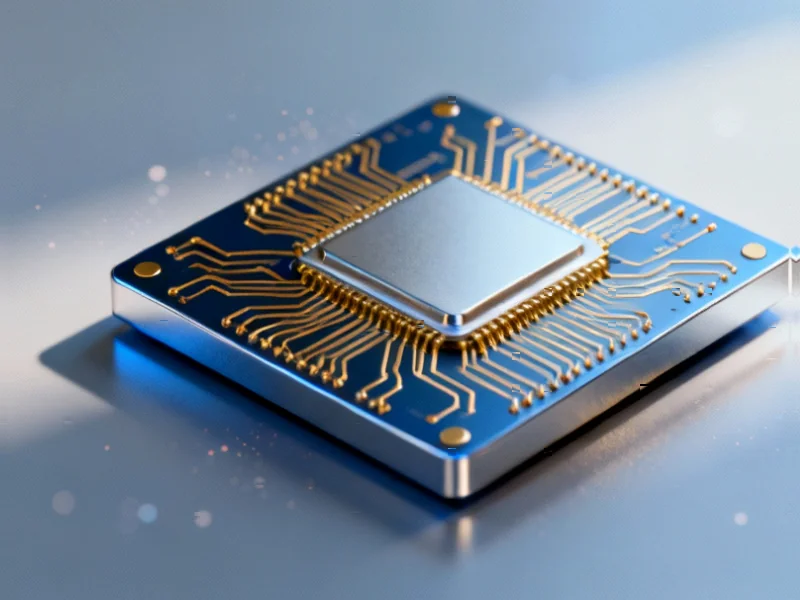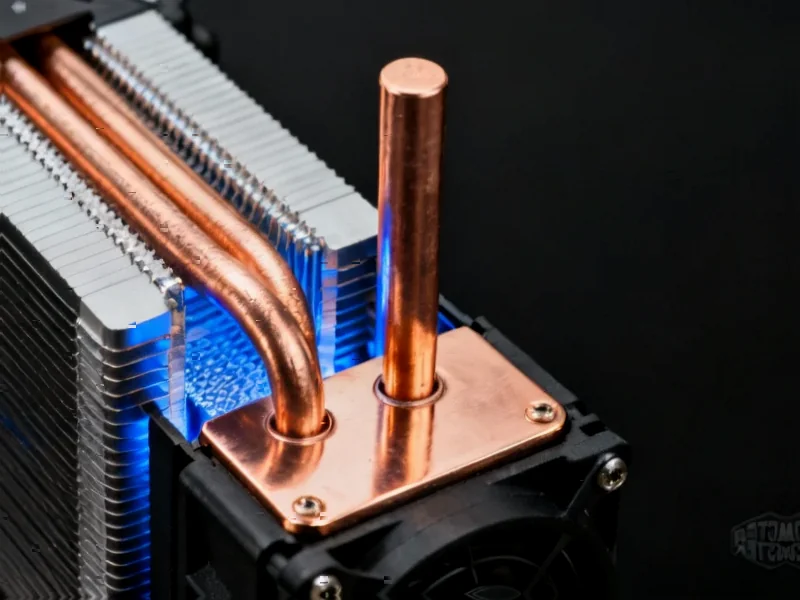The Linux community has landed a critical fix addressing what sources describe as a “serious performance regression” impacting Intel Chromebook users. Meanwhile, reports indicate an unusual collaboration between AMD and Intel is progressing on firmware unification efforts that could benefit the broader Linux ecosystem.
Linux users on Intel-based Chromebooks can finally breathe easier following the integration of a kernel fix that reportedly resolves significant performance degradation issues. According to coverage from industry watchdog Phoronix Test Suite creator Michael Larabel, the problem had been affecting systems for several weeks before the solution reached the mainline kernel.
Sources following the development suggest the regression stemmed from power management interactions between the Linux kernel and Intel’s P-state driver. The issue manifested as noticeably sluggish performance on Chromebook devices powered by various Intel processors, creating frustration for users who depend on these lightweight systems for daily computing tasks.






